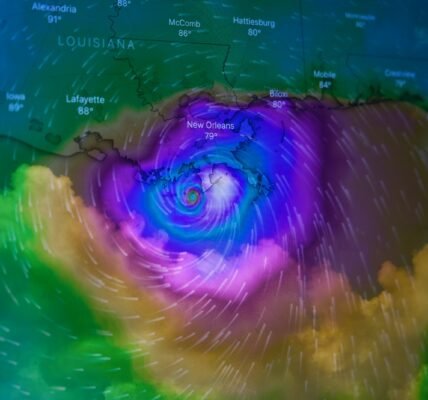Californians are under the spotlight in the latest WalletHub report, revealing that they are accumulating the highest levels of credit card debt across the United States. The data, compiled from TransUnion, the Federal Reserve, and the Bureau of Labor Statistics, paints a concerning picture of the nation’s financial health.
Mounting Debt Nationally
The numbers are staggering, with Americans collectively shouldering a jaw-dropping $1 trillion in credit card debt. This colossal figure has been exacerbated by the challenges posed by inflation, resulting in an alarming $116 billion surge in new credit card debt in 2022. As if that weren’t distressing enough, the second quarter of 2023 witnessed another substantial increase of nearly $43 billion, marking the second-largest surge during this period to date, according to WalletHub.
Households on the Brink
Breaking it down to the average household, credit card balances averaged around $10,170 at the close of the second quarter. This amount falls a mere $2,242 short of the record set during the bleak days of the Great Recession back in the fourth quarter of 2007.
State-by-State Debt Analysis
WalletHub conducted an in-depth analysis of all 50 states, employing the most recent consumer finance data available, while adjusting for inflation. The findings were disconcerting. California residents held an average of nearly $10,000 in credit card debt during the second quarter, collectively amassing a staggering $152 billion in credit card debt during this period.
The Lone Star State’s Burden
Not far behind, Texas residents found themselves grappling with an average credit card debt of approximately $9,200 in the second quarter. The Lone Star State’s total credit card debt soared past $111 billion during the same period.
Florida, New York, and Illinois in the Debt Fray
Florida, New York, and Illinois followed closely, securing spots among the top five states with the highest credit card debts. Florida residents bore the weight of over $87 billion in debt, while their counterparts in New York and Illinois carried an impressive $79 billion and over $46 billion, respectively.
A Glimmer of Hope for the Least Indebted
In contrast, states like Wyoming, Vermont, and North Dakota enjoyed the privilege of lower credit card debt totals. Wyoming residents carried a relatively modest $2.09 billion, Vermont residents followed closely with $2.2 billion, and North Dakota rounded out the trio with $2.5 billion in credit card debt.
The WalletHub report sends a clear signal that credit card debt is becoming an increasingly prevalent concern in the United States. As inflation continues to erode purchasing power and economic uncertainties persist, households must exercise caution and prudent financial management to avoid falling deeper into the quagmire of mounting debt. Californians, in particular, find themselves at the forefront of this alarming trend, serving as a stark reminder of the importance of fiscal responsibility in these challenging times.
Download our app MadbuMax on the Apple App Store for the latest news and financial tools. Interested in getting your finances in order do not forget to check Dr. Paul Etienne’s best-seller book on personal finance. To access more resources, tools, and services please click here. Also, do not forget to follow Dr. Etienne on IG or Twitter.





